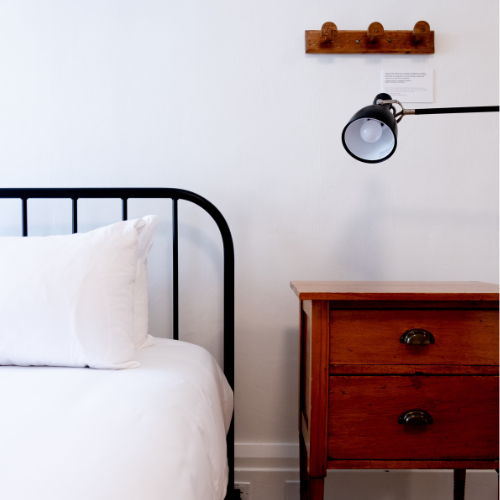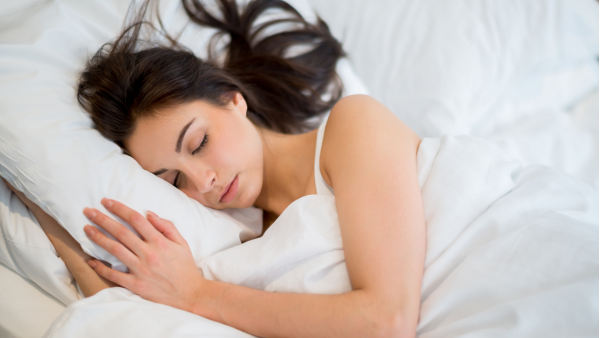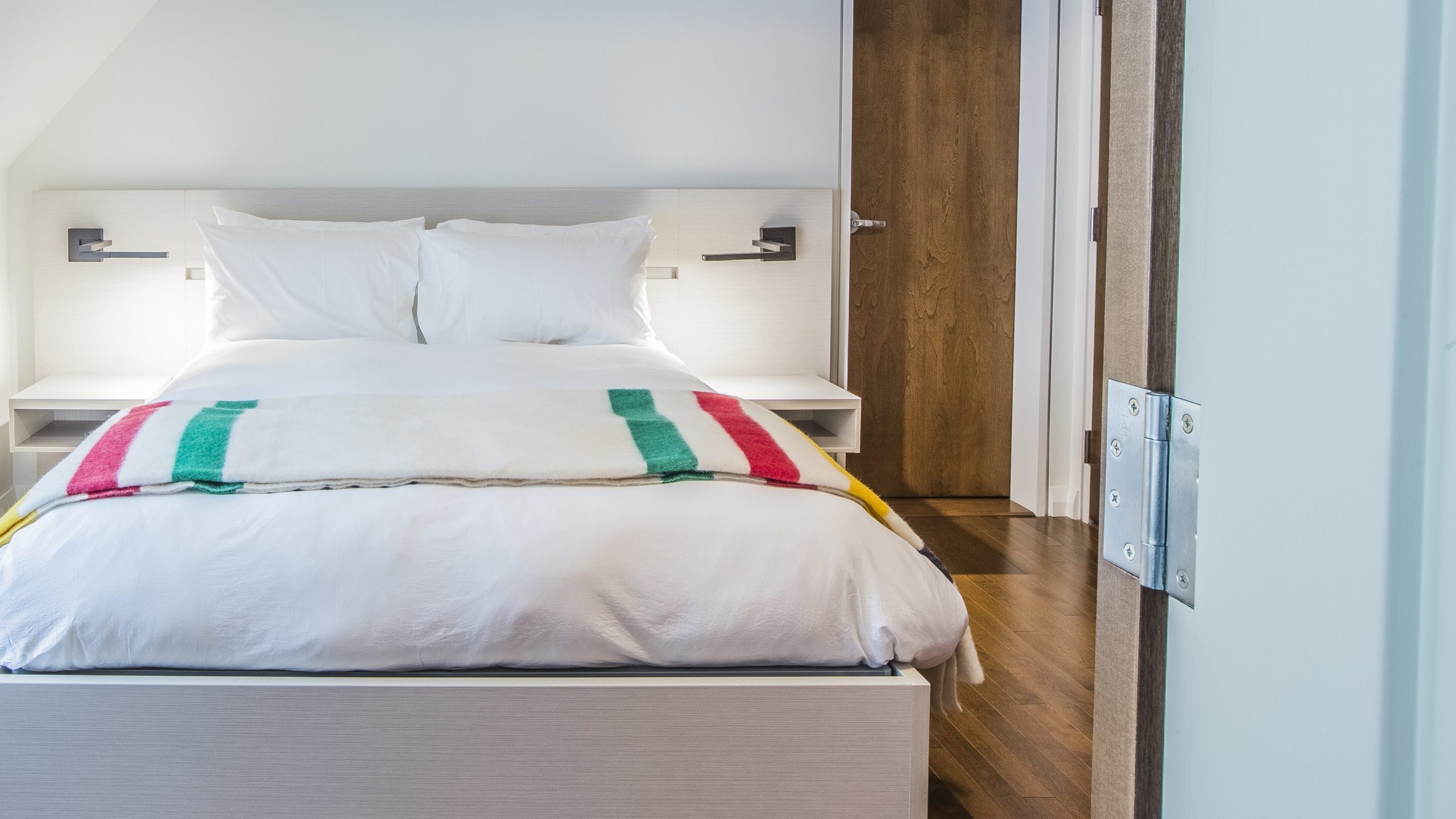Sleep tourism
At a time when travel is synonymous with adventure and discovery, a unique trend is quietly emerging: sleep tourism. This innovative concept, which extends beyond the notion of exploration, invites us to become conscious of our sleep and its impact on our physical and mental well-being. “Every night, you care to recharge your phone so you can use it to its full potential the next day. Do you do the same with your own internal batteries?”1

What is sleep tourism?
Sleep tourism is a new trend2 that aims to target sleep-friendly locations through travel. The destinations sought by visitors offer, for example, minimal noise pollution, wellness consulting services or activities designed to induce relaxation. It’s a paradigm shift in which the quest for tranquility becomes the ultimate reason for travel.
While sleep tourism may appear to be a niche market, its growth is indicative of a broader societal shift that prioritizes mental and physical well-being. At a time when burnout and stress are increasingly common phenomena, the idea of taking a trip for the sole purpose of rejuvenating and revitalizing body and mind is resonating with a growing number of individuals.
Sleeping: an essential need
Currently, the Public Health Agency of Canada recommends 7 to 9 hours of sleep per night for adults aged 18 to 643. Sleep is a fundamental need for the body, for many reasons:
- It enables the memory to consolidate memories and information learned during the day, a process that occurs mainly during REM (rapid eye movement) sleep.
- It supports essential functions such as attention, concentration, decision-making and problem-solving.
- It reduces the risk of developing cardiovascular diseases such as high blood pressure, stroke and heart disease.

In 2022, nearly 50% of the Canadian population4 suffered from a sleep disorder (e.g. occasional or chronic insomnia).
Certain factors, such as a sedentary lifestyle or chronic stress, can lead to inadequate sleep in adults.
Disturbed sleep can be observed in the presence of symptoms such as a drop in energy, a feeling of tiredness on rising or frequent awakenings during the night.
However, these symptoms can be alleviated by adopting a healthier lifestyle and creating a routine conducive to sleep.
Tips for better sleep5
- Create a pre-bedtime ritual
- Go to bed and get up at regular times
- Create an atmosphere conducive to rest: comfortable bed, low noise, darkness
- Remove all electronic devices from the bedroom
- Avoid alcohol and caffeine before bedtime
- Use relaxation techniques
- Exercise regularly
- Avoid going to bed on a full or empty stomach

In response to this strong interest in sleep tourism, some hotels, such as Le Monastère des Augustines, are implementing a wide range of initiatives to offer a tailored experience to customers who not only want to travel, but also want to maintain a good quality of sleep. These measures can take many forms, from the diffusion of essential oils, to soundproofing rooms, specialized treatments and comfortable mattresses. At Le Monastère, the Tranquility Pro Sleep Retreat aligns with this trend.
In short, sleep tourism is emerging as a new way of traveling, as it invites us to listen to the needs of our body and mind in order to cultivate a state of lasting well-being.
EXCERPT FROM THE ARCHIVES OF THE AUGUSTINIAN SISTERS
“These periods of great stress ultimately contributed to a certain improvement in the living conditions of hospital women. At the start of the First World War, the night watchwomen, responsible for caring for the sick during the night, had little respite (they could get up at 5:10 a.m. instead of 4 a.m. like the others); in 1919, the council extended this wake-up time to 10:30-11 a.m. On Sundays, they were even allowed to wake up at noon. Ten years later, permanent night shifts were introduced to avoid the inconvenience of the schedule change. We seem to have a better grasp of the importance of restful sleep!”
Groupe de religieuses de l’Hôtel-Dieu de Québec. © Archives du Monastère des Augustines Fonds du Monastère des Augustines de l’Hôtel-Dieu de Québec.
Sources:
- 1 https://www.ulaval.ca/mon-equilibre-ul/mes-habitudes-de-vie/sommeil-et-bien-etre#:~:text=Le%20sommeil%20est%20un%20pilier,mati%C3%A8re%20de%20mouvement%20sur%2024h
- 2 https://www.tvanouvelles.ca/2022/12/11/un-nouvel-interet-pour-le-tourisme-du-sommeil
- 3 https://www.canada.ca/fr/sante-publique/services/publications/vie-saine/adultes-canadiens-dorment-suffisamment-infographique.html
- 4 https://nouvelles.umontreal.ca/article/2022/05/16/troubles-du-sommeil-sous-le-radar-de-la-sante-publique/
- 5 https://www.canada.ca/fr/sante-publique/services/publications/vie-saine/adultes-canadiens-dorment-suffisamment-infographique.html
